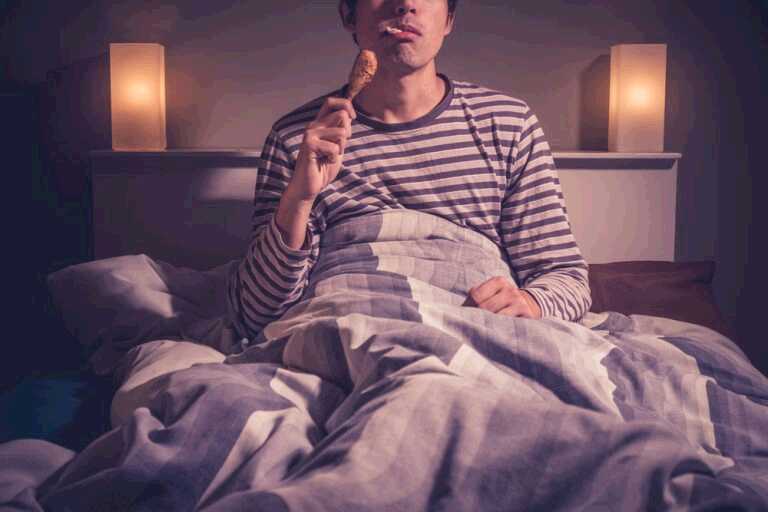
Let’s admit it. There are times that our cravings will hit us so suddenly that we give in to it no matter what time of the day it is, even if it’s late at night. But experts say though that eating late at night, especially when you’re supposed to be resting, disrupts your normal circadian rhythm. It also exacerbates medical conditions like heart problems and diabetes.
What is the Circadian Rhythm?
Also commonly called the biological clock, the circadian rhythm is the normal 24-hour cycle of your body. It “tells” you when to rise, eat, sleep, and other bodily functions based on external (daytime, nighttime, and temperature changes) and internal (hormone and body temperature levels) cues. The circadian rhythm also “tells” us when our body needs to optimize or store energy.
In a study, researchers have found that the circadian rhythm can easily be disrupted by changing your eating patterns. The study revealed that limiting food intake during the active phase and eating during inactive phase disrupt your normal day-to-day pattern, resulting in metabolic disturbances that have negative outcomes to your health and medical condition.
Effects of Late-Night Snacks
Your metabolism naturally slows down at night since your body is preparing for rest and sleep, the time when your tissues start repairing and healing themselves. Any intake of food during your rest period disrupts your normal metabolic rate and normal circadian rhythm. Since your body isn’t able to thoroughly process the extra food, your fat levels in the blood tend to increase. High blood-fat levels not only worsen your diabetes but also increase your risk of developing heart problems like hypertension and atherosclerosis.
Shorter sleep duration also has a negative impact on diabetes control and is associated with poorer blood sugar level control. Now, late-night snacks prevent you from getting the right amount of sleep, increase your HbA1c levels, and worsen your diabetes.
So the next time you find yourself craving for a late-night snack, control the urge. These midnight snacks are very detrimental to your diabetes.
References